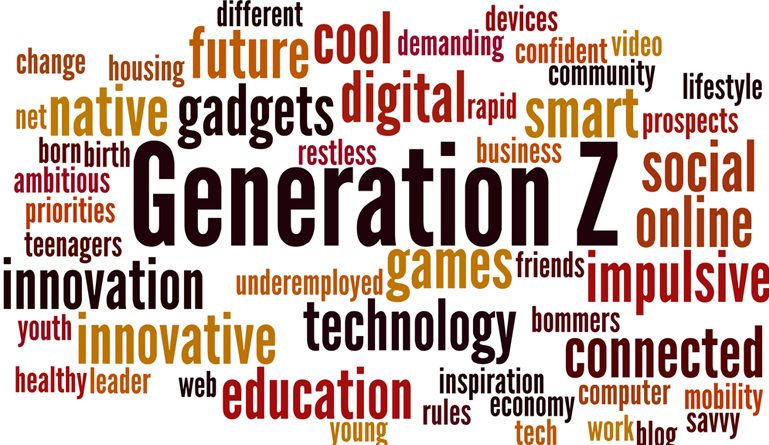Gen-Z in Higher Education
Recent articles and research that discuss teaching Gen-Z (or Zoomers) in higher education have appeared in several journals recently. One example is Arizona State’s Gen-Z Learning and Teaching Hub that provides practical strategies for working with Gen-Z learners and how to better design learning for them.

Starting at Home
I am a mother of three Gen-Z children. They were born between 2002 and 2007. As a college educator, I’ve had a front-row seat to the challenges and triumphs of this generation in higher education. My own kids, along with my students, have offered invaluable insights into the student experience. I wanted to share their perspectives. I hope to spark a conversation about how we can improve our support and teaching Gen-Z in college.
My oldest recently graduated with a B.S. in Chemistry. My middle child is navigating the complexities of undergraduate studies. They are struggling with direction and anxieties about the future. My youngest is a high school senior who has been taking dual-enrollment courses at our local community college. With these unique experience, they discussed a variety of experiences. Nonetheless, some common themes emerged.

Student Perspectives on Higher Education:
- My middle child described his large university experience as isolating. Despite attempts to connect with others, he struggled to find a sense of belonging. He felt the administration was not supportive and was inflexible, applying rules without considering individual student needs. He did, though, find a supportive faculty member with whom he continues to stay in touch.
- My youngest child’s dual-enrollment experience at the community college has been largely positive. She appreciates the approachable professors who offer consistent support and guidance. Her main frustration has stemmed from difficulties coordinating between the high school and college aspects of the program. She found it particularly challenging when it comes to advising and registration.
Key Themes and Observations:
Despite their varied experiences, my children shared some common concerns:
- Lack of Individualized Attention: All three felt that universities often treat students as statistics rather than individuals. This lack of personal connection can be detrimental to student success and well-being.
- Professor Accessibility and Support: My older children noted that professors often delegate significant teaching and support to teaching assistants. They suggested that offering virtual office hours would improve accessibility for busy students. This aligns with Gen-Z’s comfort and familiarity with online communication.

What Next?:
The insights shared by my children and my students underscore the need for a more student-centered approach in higher education. We need to foster a sense of belonging. Prioritizing personalized support should be a key goal. Finally, we must address the pervasive anxiety that many Gen-Z students face. In my next post, I’ll share some ideas on how we can better support this generation and help them thrive in college and beyond. Subscribe to follow along!




